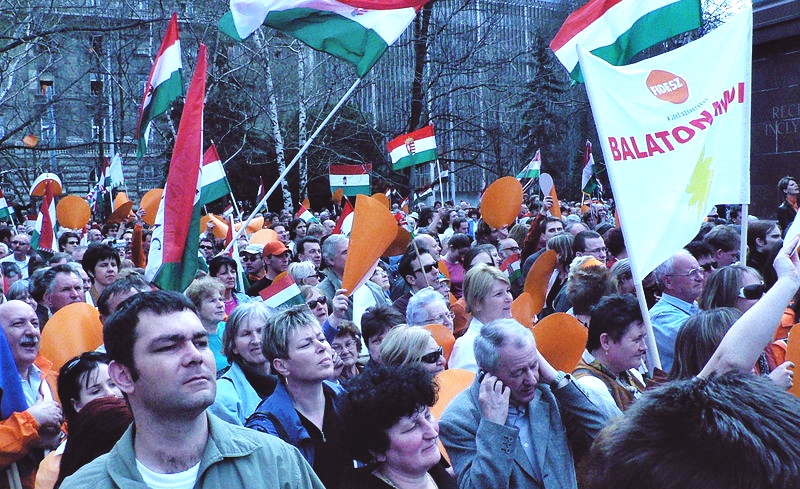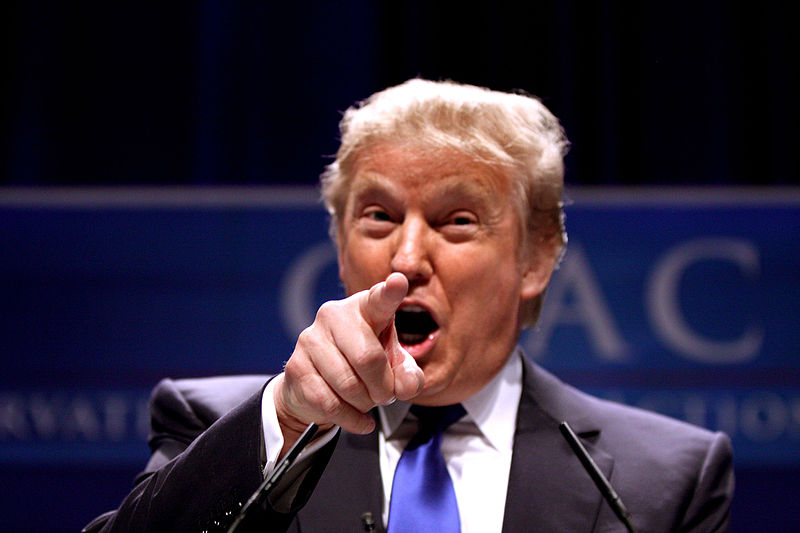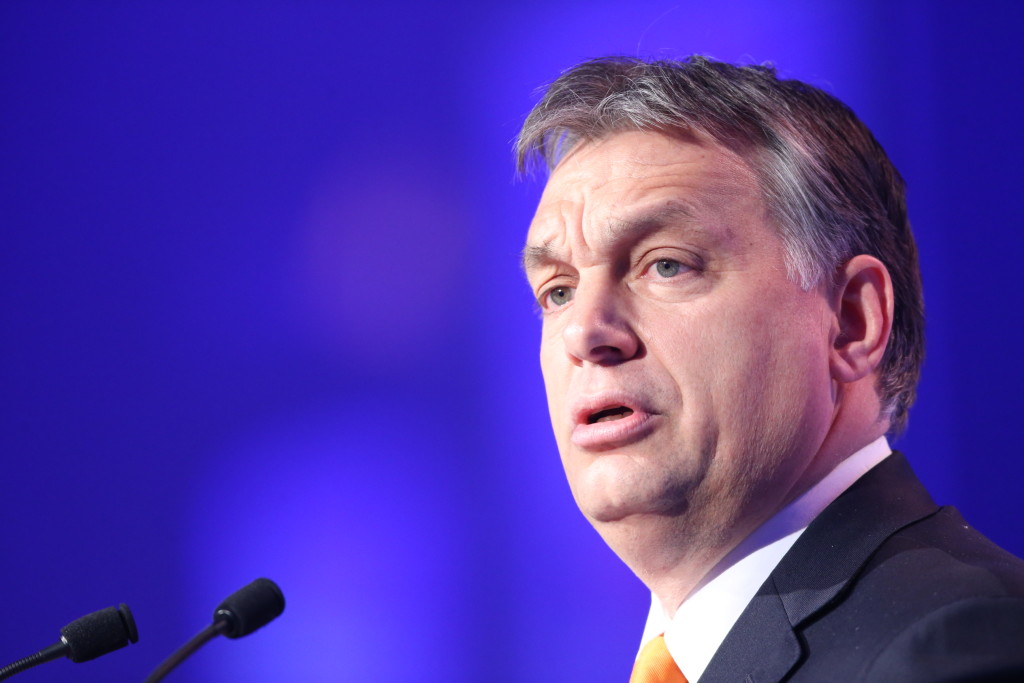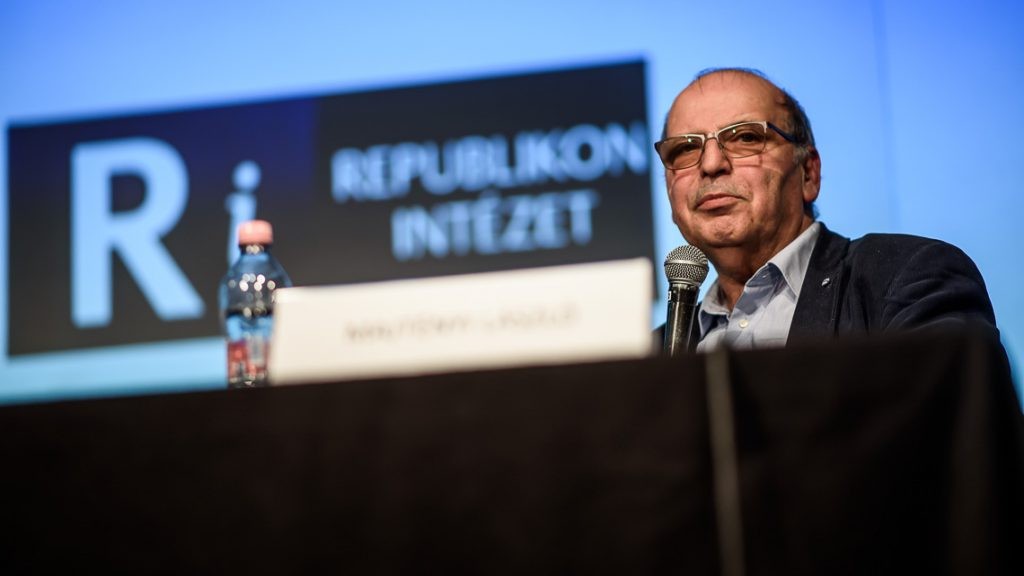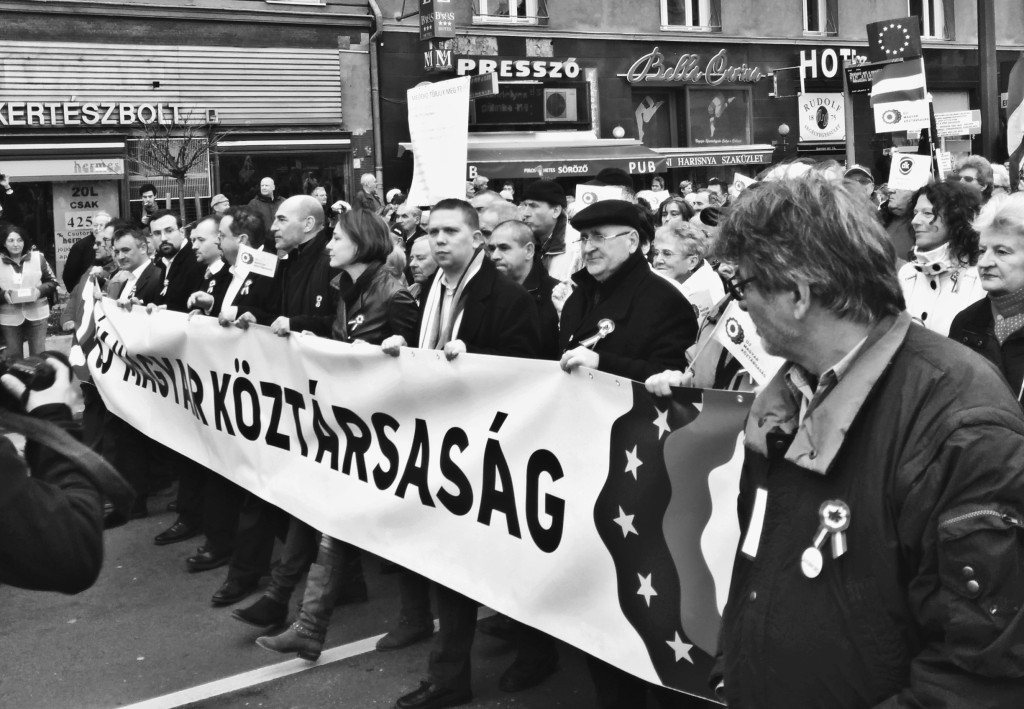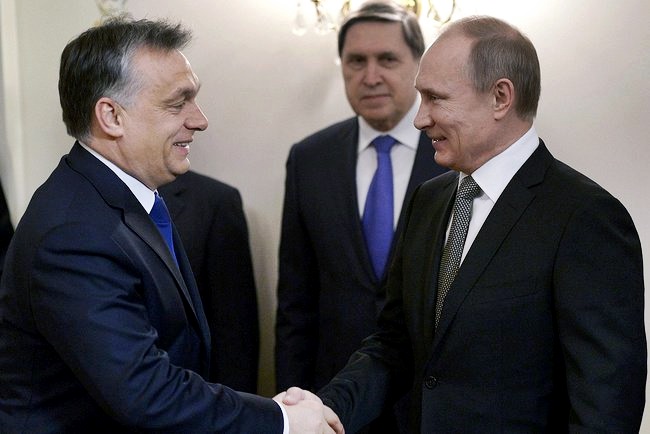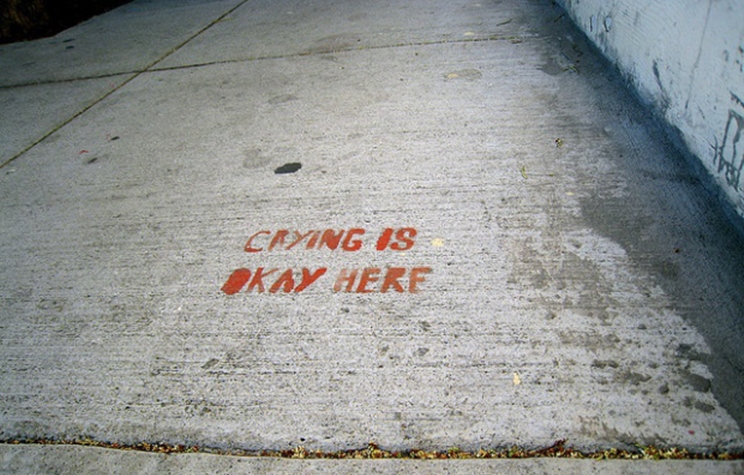
Illiberal Hungary and Stages of Grief in Politics
When facing illiberal regimes, a stream of victories by populists and a seemingly unstoppable retreat of liberal democracy, should we also simply adept to the new reality and “make our peace”? I would argue that this is the strategy many people have been pursuing in Hungary.




